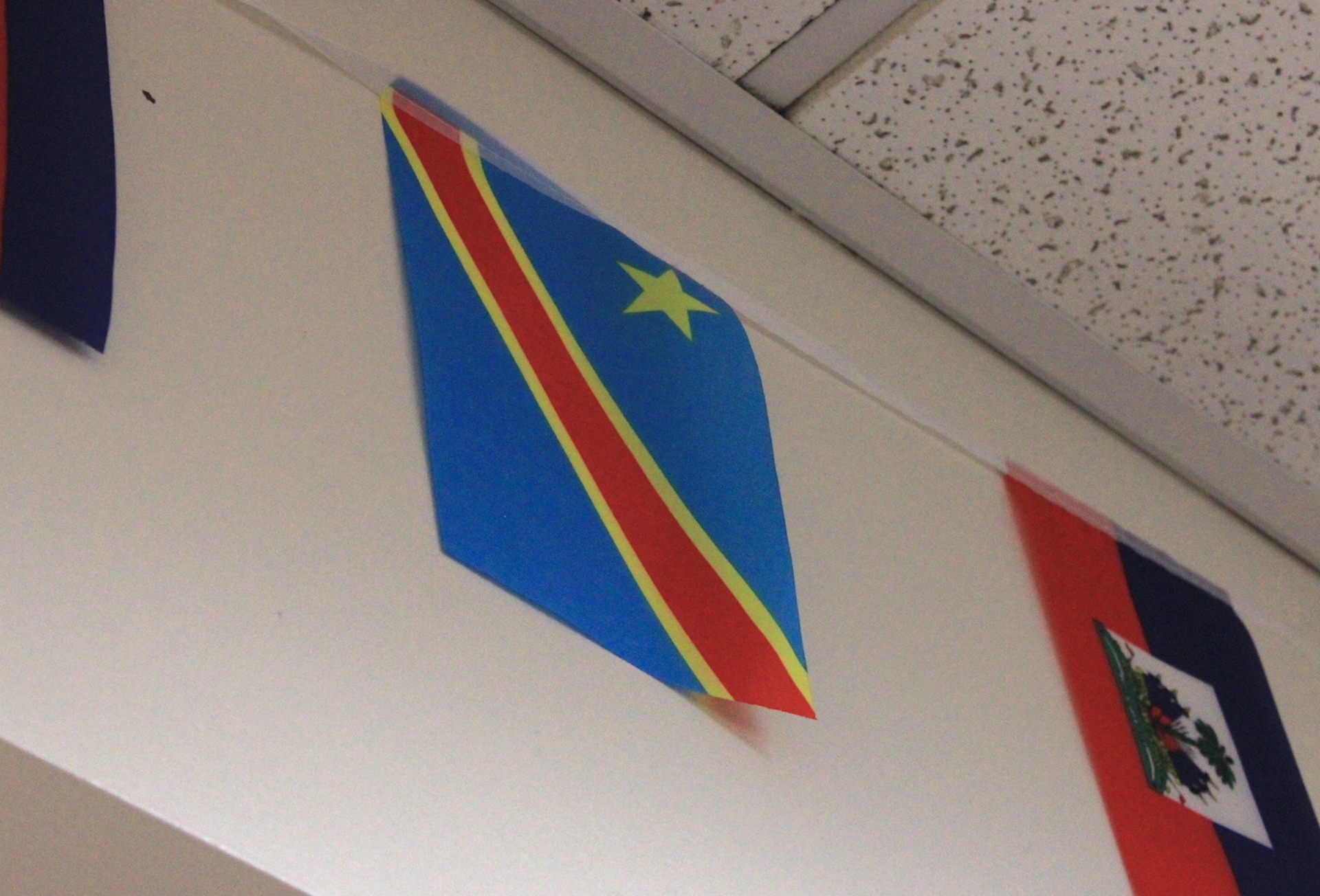A mass of atrocities is currently being perpetrated in the name of environmentalism and technological advancement within The Democratic Republic of the Congo.
As the push for a cleaner future continues, the world must evaluate the blood on their hands and the impact of comfort in their homes.
At the heart of Africa lies the Congo, one of the continent’s largest nations and the world’s greatest producer of cobalt, which is a key component in lithium-ion batteries. These batteries are used to power many of the devices we use every day, such as cell phones, laptops and electric vehicles, but the cost of extracting their materials has devastating humanitarian consequences.
Over 70% of the world’s cobalt mining takes place in the Congo, but between 15% and 30% of the mining is done by artisanal miners, rather than large corporations. These freelance workers are independent of professional mining operations. This segment of workers typically operates in tens of thousands of hand-dug mines across the country.
Mines like these lack critical infrastructure including ventilation and supports, and frequently collapse which results in the deaths of miners. Additionally, these workers are subject to horrid and unregulated working conditions. Conduct in these mines is rife with child labor and coercion, such that many observers claim that some Congolese mining operations contain slavery.
As for professional mining in the Congo, the situation is not much better. According to RAID, a common practice among some of the larger operations is to use subcontractors to source labor instead of directly employing people to mine.
This allows these corporations to pay workers less, take on fewer responsibilities, and reduce union activity. Unsurprisingly, workers employed by mines under this system are paid very little, have almost no legal protections or benefits and consistently face discrimination and abuse at the hands of their employers.
To add to this, Amnesty International has reported on several instances of mining corporations destroying communities and expelling their inhabitants to make way for new mines. The Congolese government has been wholly complicit in acts like these, granting mining concessions that lie on inhabited land to corporations and deploying its armed forces to support the forced displacement that follows.
Even though much of the cobalt mining done in the Congo is in the service of the growing electric vehicle market, and therefore the perceived protection of the environment, the mining done in the Congo has had profoundly negative environmental consequences.
Earth.Org cites that the dumping of toxic waste from mining firms has tainted the soil of nearby communities and destroyed crops, as well as contaminated water sources. These areas are regularly engulfed in toxic fumes from mining which has been shown to increase the likelihood of birth defects among inhabitants.
A mass project of deforestation has also taken place in the country to make space for the opening of industrial mines. As for the effects of the mining itself, industrial mines in the Congo are large producers of greenhouse gases like carbon dioxide.
As the need for technological growth and environmental responsibility continues, the dangers and hypocrisy of maintaining the current model of development must be considered and a synthesis between human rights and a greener future should be put at the forefront of the global agenda.


